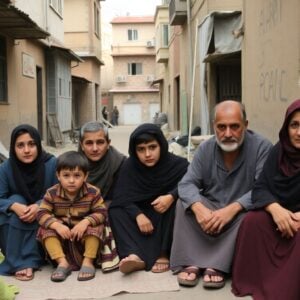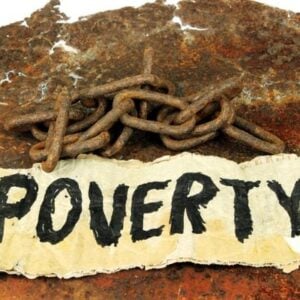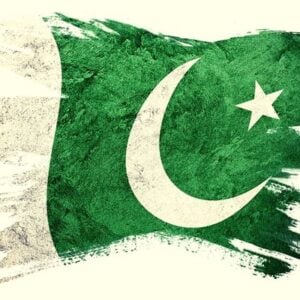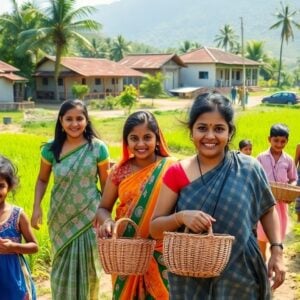The latest findings from the Power and Participation Research Centre (PPRC) have shattered Bangladesh’s long-celebrated growth narrative. According to the survey, more than one in four Bangladeshis now live in poverty—an alarming rise from the 18.7% reported by the Bangladesh Bureau of Statistics (BBS) in 2022. This steep increase signals not just an economic setback, but a deeper, structural flaw in the nation’s development story.
For years, Bangladesh was hailed as a model for progress—a “poster boy” of economic growth in South Asia. Yet this progress now appears to have rested on shaky ground. The question is no longer just why poverty is rising again, but why previous gains proved so fragile in the first place.
A closer look reveals that the optimism may have been misplaced from the start. The 2022 BBS poverty data was based on surveys conducted in 2021—when the aftershocks of the Covid-19 pandemic were still severe. Other organizations, including SANEM, BRAC Institute of Governance and Development (BIGD), and PPRC, found a much grimmer picture during the same period. This discrepancy suggests that official statistics may have painted an overly rosy portrait, masking the true depth of post-pandemic economic distress.
At the heart of the problem lies the nature of Bangladesh’s growth: rapid but “jobless.” The economy expanded, but it failed to create sufficient, decent-paying jobs. This disconnect—between GDP growth and real poverty reduction—shows that the growth was not inclusive. Wealth became increasingly concentrated, and inequality surged, making poverty reduction less sustainable.
Nowhere is this exclusion clearer than in the ready-made garments sector—the country’s economic powerhouse. Despite being the backbone of Bangladesh’s export economy, garment workers earn only about Tk 12,500 ($113) per month—below the poverty threshold for lower-middle-income nations. They fuel the nation’s growth but remain trapped in low wages and vulnerability.
Between 2022 and 2025, Bangladesh faced a combination of lingering Covid-19 effects, global supply chain disruptions, and persistent inflation. Though inflation has recently eased, it remains dangerously high, eroding household purchasing power. Meanwhile, private sector investment has stagnated as political and economic uncertainties dampen business confidence—further stifling job creation.
The consequences are visible in urban households. With 55% of monthly expenses now going toward food, families have little left for health, education, or savings. Poverty, therefore, extends beyond income—it’s a constant state of precarity, where one illness can push a family into financial ruin. This is particularly alarming in a country where out-of-pocket health expenditures rank among the world’s highest.
The political transition following the July 2024 uprising and the formation of an interim government has stirred both hope and caution. Remittances and exports have shown improvement, but experts warn that these macro-level gains may mask a micro-level reality. With informal remittance channels disrupted, more money appears to flow through formal banking systems—creating an illusion of progress that may not translate into actual household relief.
A recent SANEM survey of 2,000 youth conducted in May 2025 adds another troubling dimension to this story. It reveals widespread frustration among young Bangladeshis about the broken bridge between education and employment. They describe a system plagued by insufficient job opportunities, a flawed recruitment process where applications go unanswered, and an education system that leaves them ill-prepared for well-paid work. This frustration is amplified by a deepening sense of institutional decay and endemic corruption.
For years, analysts have warned of this erosion of trust, yet reforms remain elusive. The pressing question now is whether any government—interim or future elected—has the sustained political will to repair these broken systems. The growing anxiety among the youth is not just economic; it is a reflection of profound institutional distrust.
The story of poverty reversal in Bangladesh is a complex one, but it carries a simple truth: growth that leaves people behind is inherently fragile; stability that tolerates injustice is bound to crumble; and data divorced from reality cannot sustain progress. The PPRC numbers are a stark reminder that true development is not measured by the prosperity of a few, but by the resilience and well-being of the many. Without addressing the fundamental flaws in the system, Bangladesh cannot hope to break free from the cycle of fragile growth and deepening poverty.







